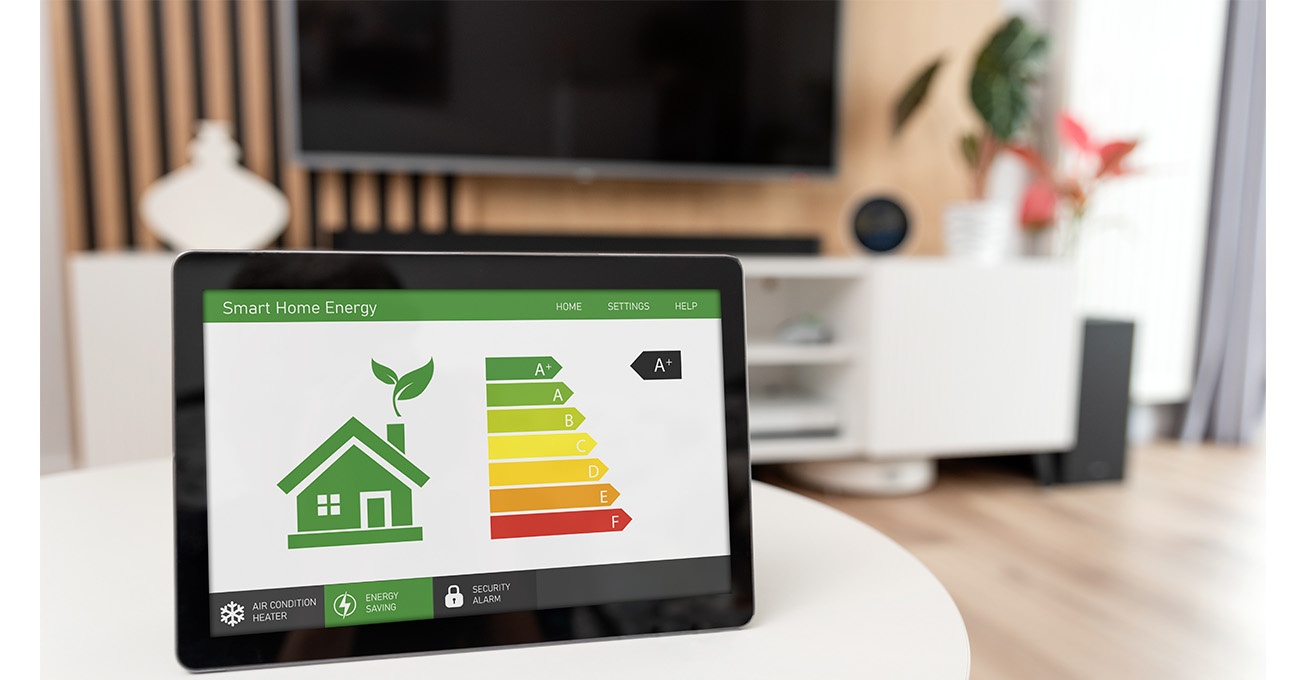By Steve Bish F.Inst.Pa MSWW.
Winding up an estate can be complex and time-consuming, but there are also other valid reasons why you might want to use a Professional Probate Practitioner for probate. Today at S Bish Estate Planning we take a look at some of those reasons.
After someone dies, their affairs are finalised by their personal representative. This is either their executor, appointed in their Will, or their administrator, if they did not leave a Will. It is open to a personal representative to instruct a Probate Practitioner to deal with the winding up of the estate. The cost of this will generally be paid from the estate. Below are eight reasons why you may want to choose this option if you are appointed as a personal representative.
1. Executors and administrators are personally liable for errors
The personal representatives of an estate have personal liability for any mistakes that are made that cause a loss to the estate. For example, if tax is not paid on time or not enough tax is paid, then the executor or administrator will need to pay any interest and penalties themselves from their own funds.
2. The Will may be hard to interpret
The clauses contained in Wills can often be hard for a layperson to interpret. They tend to be lengthy documents and it is important to understand exactly what your instructions are and how the estate is to be dealt with.
3. Dealing with tax, including Inheritance Tax, can be complex
As a personal representative, you need to value the estate accurately and report to the authorities on its value. You also need to calculate what tax is due, including Inheritance Tax, and arrange for this to be paid by the deadline of the end of the sixth month after the date of death. Failure to do this will incur penalties.
4. There are time limits for winding up an estate
It is generally expected that an estate will be wound up within a year. While this may seem a long time, there is a lot to do in administering an estate and it can often take longer. The deadline is not a strict one, but personal representatives need to do what they can to meet it and avoid delays. This means dealing with issues as soon as they arise and working proactively to wind up all of the deceased’s financial affairs. This can be exceptionally time-consuming, especially if there are many different assets to value and liquidate and a property to clear and sell. Using a Probate Practitioner can speed up the administration process substantially as they will have the time to reply to correspondence as soon as it is received.
5. Instructing a Probate Practitioner can reduce the risk of conflict between family members
Emotions are often running high after a death. If a family member is dealing with the estate administration, there is a risk that other family members may criticise the progress being made or feel that they are not being kept in the loop. They might also feel that the personal representative is not handling matters correctly or has not achieved the best price for an asset. By using a Probate Practitioner, everyone will understand that the process is being dealt with promptly and professionally and the scope for disagreements is generally reduced.
6. A lay person may not understand when it is important to place statutory advertisements
In some cases, it is important to place statutory advertisements in the Gazette and local newspapers. For example, if there is a risk that not all beneficiaries have been identified or that not all creditors are known, then the personal representative needs to take steps to find unknown individuals. Failure to do so will expose them to personal liability, meaning they might have to pay a legacy or an estate debt from their own funds in the future.
7. Preparing detailed estate accounts is not always straightforward
Once the estate has been wound up, detailed estate accounts need to be prepared. Any beneficiaries entitled to a share of the residual estate, known as residual beneficiaries, have a right to see the estate accounts. These should include all of the estate’s assets and liabilities, an income account and full details of the estate’s expenses. It is not always simple to prepare estate accounts, particularly in a more complex estate or where the administration period has been lengthy, lasting more than one tax period.
Probate Practitioners are used to dealing with estate accounts and will prepare these as a matter of course if they are involved in the administration.
8. A Probate Practitioner can offer related services
Probate Practitioners also often provide related services such as Wills, advice on passing on money yourself when the time comes and conveyancing. Having all the services you need in one place will make matters simpler and ensure that you have the assistance you need, for example, if the deceased left a property to be sold.
Contact us
If you would like to speak to one of our expert probate practitioners, call us on 01727 220930 or email us at – [email protected].
View our website for more information www.sbishestateplanning.com.







